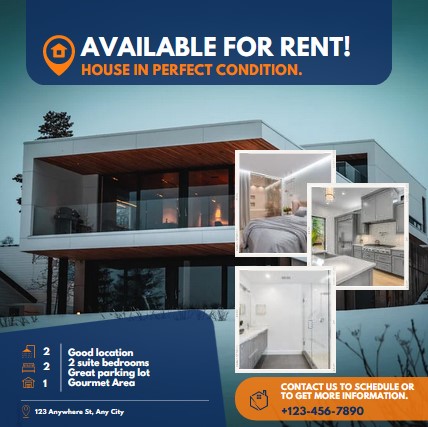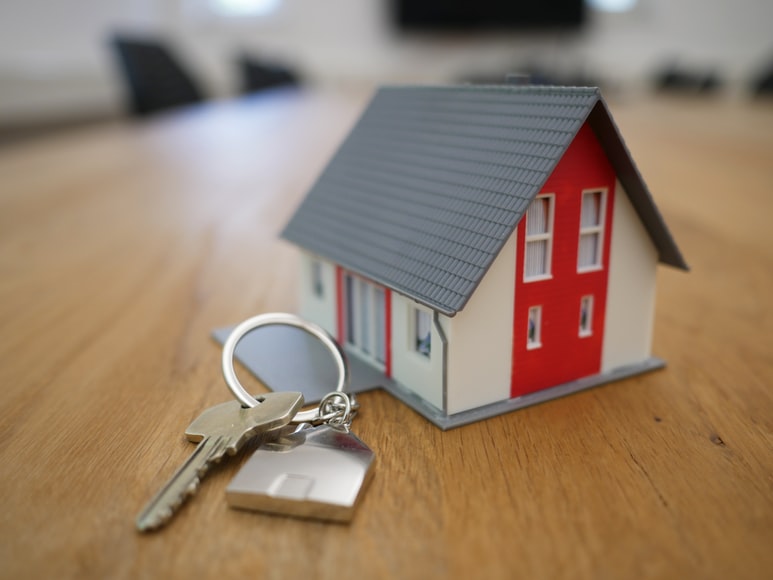Investing In Yourself: The Long-Term Value Of Custom Homes For Individual Buyers
5 Mins Read
Published on: 29 May 2023
Last Updated on: 27 January 2025

toc impalement
A home is more than just four walls and a roof; it’s an investment in your future and yourself. Custom home buyers enjoy the freedom to customize their living space. Unlike pre-fill homes, custom homes cater to the homeowner’s preferences and requirements. If you are looking to invest in yourself, custom homes might be the best option. Although it is considered a lengthy endeavor, it can have a number of favorable financial and lifestyle effects.
A few things you should consider before you build your custom homes are your financial and time limits, preferred location, and preferred size. By taking the essential actions and putting together a sound plan, you can enjoy the satisfaction of realizing your own real estate endeavor and building your dream home.
This will guide you through a thorough introduction to creating custom houses. You can gain useful information on their benefits.
The Influence Of Individualization
A unique home requires recognizing the power of individuality. It provides homeowners with total discretion over their residences’ look, layout, and amenities. This guarantees that each component satisfies its preferences and requirements. Homeowners with custom homes can design a space tailored to their needs.
Their comfort and pleasure will increase as a result. People can create a home that is truly unique thanks to personalization. It entails making decisions regarding building materials, floor plans, and architectural designs. This includes unique design elements and tailored comforts.
Custom homes appeal to people looking for a distinctive and individualized living environment. They enhance the home ownership experience. It brings fulfillment, exclusivity, and a sense of self.
Investing In A Custom Home: Long-Term Benefits

The long-term benefits of building a custom home outweigh the initial investment. In the case of a custom home, you can have complete control over the design, materials, and construction process thanks to the help of a custom home builder. This gives you the opportunity to create a space that reflects your unique needs and lifestyle. The custom home buyers guide is a comprehensive resource for individuals considering the purchase of a custom home. Here you may explore some of the advantages of custom home ownership:
Higher Resale Value
Custom homes embody exceptional craftsmanship and meticulous attention to detail. They have higher resale values than conventional homes. The uniqueness and customization attract discerning buyers.
Personalized Living Spaces
Custom houses create a personalized atmosphere. It caters to your specific demands and way of life. Transform your home into a unique sanctuary. Create practical layouts and features tailored to you and your family.
Enhanced Quality of Life
A space that reflects your taste and preferences boosts well-being and satisfaction. Custom homes allow you to create a haven that enhances comfort and happiness.
Future-Proofing
You can incorporate energy-efficient technologies and sustainable features. Custom homes can be future-proofed against rising energy costs and environmental concerns. This guarantees long-term savings and lessens the environmental impact.
Building A Custom Home On A Budget
Contrary to what many may think, building a custom home actually requires more extensive research and intricate planning. You have to carefully plan and make smart decisions to bring your dream home to life by:
- Setting Achievable Goals: Start identifying what you want for your dream home. Carefully consider its appearance, style, fixtures, and decorations. Take into account your budget and the level of commitment you’re ready to put in.
- Working with an Experienced Custom Home Builder: It is important to consider selecting an experienced custom home builder. They will give you ideas on how to build a custom home on a budget. They can present you with less expensive options.
- Choosing the Right Materials: Think about buying economically priced, high-quality materials and finishes for your custom home. Assess the available resources and take into account the cost of materials when making your selection.
- Incorporating Personal Effort: Focus on specific tasks such as painting or landscaping. Make use of your own creativity. Labor costs may be reduced as a result, increasing overall savings.
Utilizing Reliable Custom Home Builders
Your chosen custom home builder will determine how well your project turns out. The following considerations ought to be made when choosing a custom home builder:
- Experience in the industry and reputation: Select contractors with a proven track record of performance. Find out if their prior clients gave them positive reviews. Experience brings expertise and reliability to the table.
- Portfolio and Style: Check the builder’s past work to ensure it reflects your concept. Discovering the ideal match is crucial because every builder has a different style.
- Communication and Collaboration: Effective communication is essential throughout the building process. Honestly inquire about prices to build a home for you to be financially prepared. Select a builder who values your ideas. They should offer transparent updates and promote a collaborative partnership.
- Budget Management: You have to carefully think about your custom home investment. Discuss your budget openly with potential builders. You should ensure they have experience working within your desired price range. Transparency regarding costs and financial planning is crucial.
Building A Custom Home: A Step-By-Step Guide
A custom home requires careful planning and coordination throughout its various stages of construction. Here is a step-by-step instruction sheet to assist you with the procedure
- Define Your Vision: Start by visualizing your dream home. Consider the size, layout, architectural style, and features that most matter to you.
- Secure Financing: Determine your budget and explore financing options. Consult with lenders to understand the loan process and get pre-approved.
- Select a Home site: Find the perfect location for your building custom homes for profit. Consider factors such as proximity to amenities, schools, and your workplace.
- Design and Development: Collaborate with an architect or custom home designer. They will develop precise blueprints and floor plans. Collaborate with them to incorporate your desired features and make any necessary adjustments.
- Obtain Permits: Prior to starting building, be sure you have the necessary permits and clearances. This ensures compliance with building codes and regulations.
- Construction Phase: The building process starts with site preparation. The foundation construction, framing, and utility installation Regular inspections ensure quality and adherence to specifications.
- Interior Finishes: Select finishes, fixtures, and appliances that align with your style and budget. Coordinate with suppliers and contractors to ensure timely delivery and installation.
- Final Touches: Conduct a thorough walk-through during the last phases of construction. Find any areas that require touch-ups or modifications. Once satisfied, complete the paperwork and prepare for the exciting move-in phase.
Key Insights
A custom home is an investment in your future, your lifestyle, and yourself. The chance to design a home that meets your needs and expresses your personality is invaluable. A personalized home has obvious long-term value. From the financial rewards to the pure joy of living in a space made just for you.
Pick an established custom home builder. Establish a reasonable budget. List your must-haves in order of importance before starting this adventure. Always keep in mind that a custom home is more than simply a physical building. It represents your aspirations, dreams, and sense of style. Use the potential of customization to create a home that genuinely reflects your personality.
Additional:


















Comments Are Closed For This Article